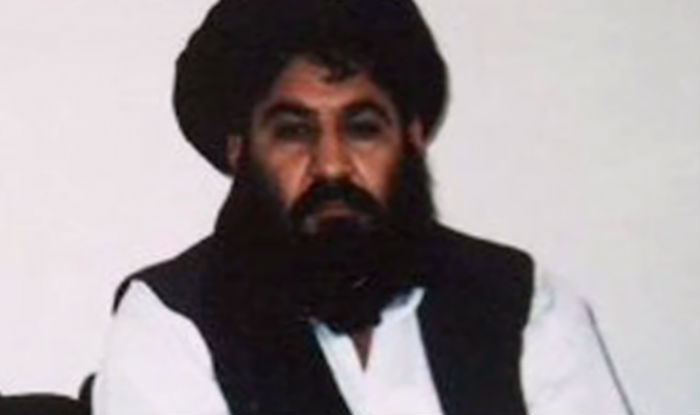Turkey Will Regret Jet Shooting 'More Than Once' - Putin
Ex-Stone Temple Pilots singer Weiland dies
House may move quickly to overhaul visa waiver program
Turkey and European Union strike deal to limit refugee flow
Shovel Knight's Amiibo Release Date Announced; Adds a Ton of New Content
Tech Toy Maker Hack Exposed Data on 5 Million Customers
Donald Trump insists he is '100% right' about Muslims 'cheering' 9/11 attacks
Kylie Jenner On Breaking Up With Tyga: "We Are Still Together"
Seven suspended after 37 develop eye infection at MP eye camp
Aung San Suu Kyi holds talks with Myanmar's rulers
Gerald Green scores 25, leads Heat to 97-78 rout of Knicks
Russian Federation airstrikes ISIS command centers in Syria
Farm Recalls Produce Used In Costco Salad Linked To E. Coli
Canada to give United Nations $750000 for Syrian refugee relief










